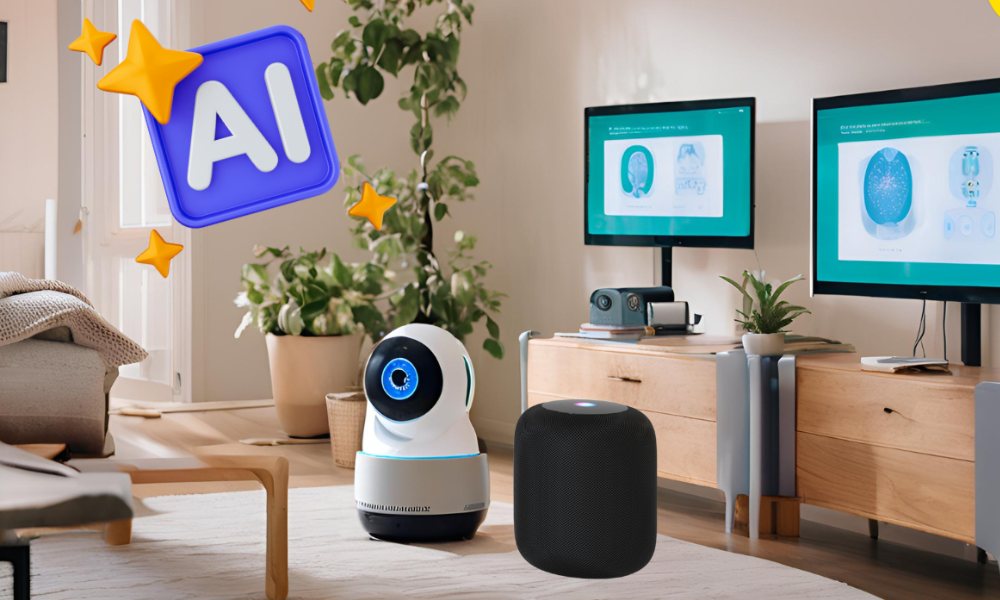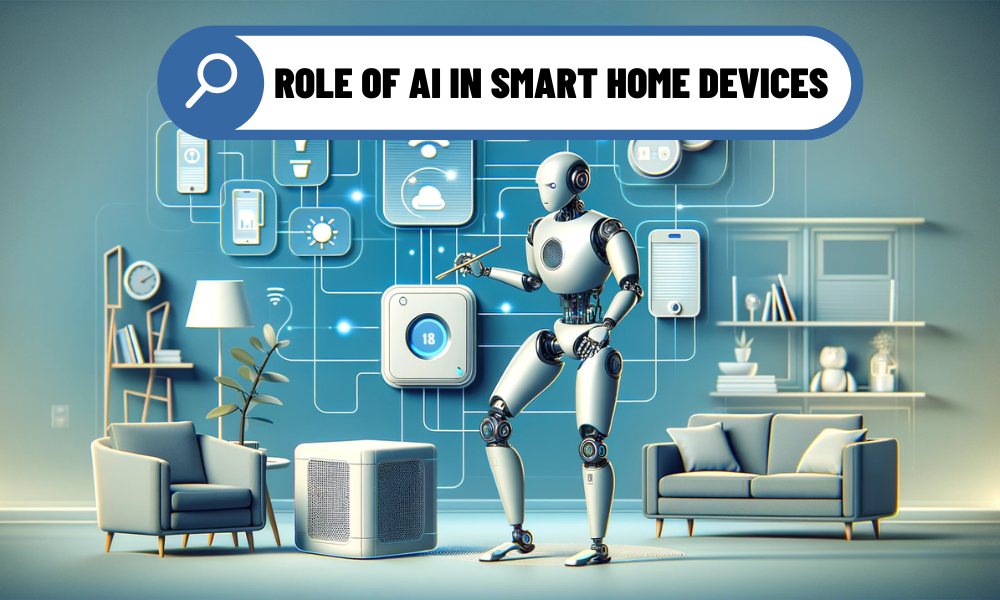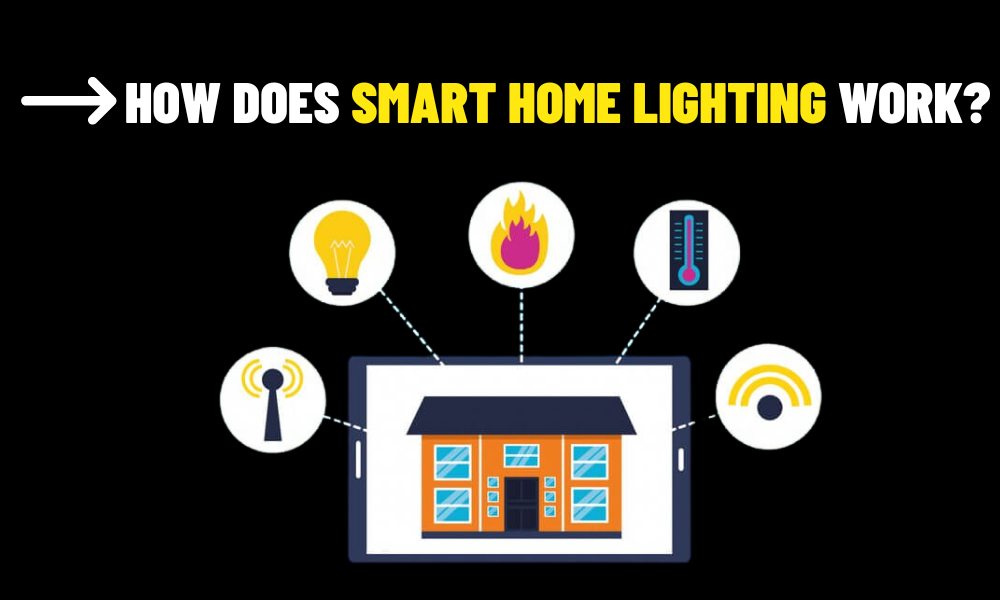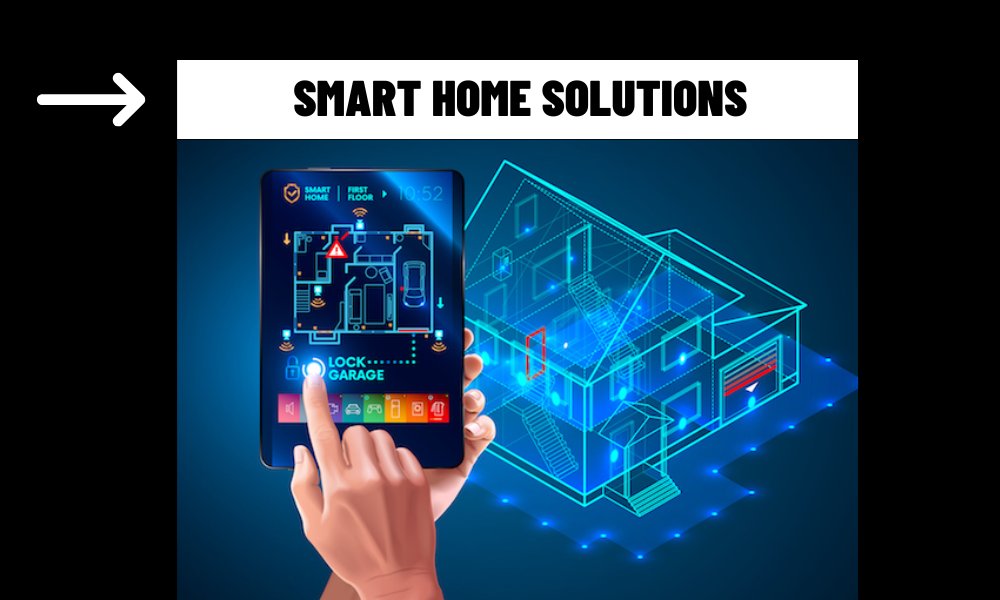Artificial intelligence is at the heart of the smart home revolution, elevating devices from simple tools to intelligent systems that enhance every aspect of daily life. The role of AI in smart home devices lies in its ability to process data, learn from patterns, and make autonomous decisions that prioritize comfort, security, and efficiency. As AI continues to evolve, it’s shaping a future where homes are not just connected but genuinely responsive to our needs.
Contents
Creating Seamless Interconnectivity
A key aspect of the role of AI in smart home devices is its ability to unify disparate systems into a cohesive ecosystem. AI acts as the brain of the smart home, enabling devices like thermostats, lights, and appliances to communicate and collaborate. For example, if a smart sensor detects that you’ve left the house, AI can instruct the thermostat to lower the temperature, turn off unnecessary lights, and activate the security system—all without manual intervention.
This interconnectivity is enhanced by AI’s contextual awareness. By analyzing data from multiple sources, such as your calendar or location, AI can anticipate your needs. A smart coffee maker might start brewing when it senses you’re on your way home, while a connected speaker plays your favorite podcast as you walk through the door. This seamless integration creates a home that feels effortlessly in sync with your life.

Elevating Convenience Through Predictive Capabilities
The role of AI in smart home devices extends beyond automation to prediction, making homes proactive rather than reactive. AI algorithms study your habits to anticipate actions before you even request them. A smart refrigerator, for instance, can track your grocery usage and suggest shopping lists or recipes based on what’s running low. Similarly, an AI-powered vacuum cleaner can learn your cleaning preferences and schedule itself to run when you’re away, keeping your home spotless without disrupting your day.
Voice assistants, a cornerstone of smart homes, also benefit from AI’s predictive power. Advanced systems can interpret nuanced commands and provide tailored responses, such as suggesting a workout playlist when you mention exercising. Over time, these devices become more attuned to your preferences, making interactions feel natural and intuitive.
Enhancing Safety with Real-Time Analysis
Safety is another domain where the role of AI in smart home devices is transformative. AI equips devices like smoke detectors, water sensors, and security cameras with real-time analysis capabilities. For example, an AI-powered smoke detector can differentiate between cooking fumes and a real fire, reducing false alarms while ensuring rapid response to genuine threats. Similarly, water leak sensors can alert you to potential issues and shut off the main water supply to prevent damage.
In security, AI enhances devices with features like behavioral analysis and object recognition. A smart doorbell with AI can notify you if a package is left at your door or if someone lingers too long, offering peace of mind whether you’re home or away. By processing data in real time, AI ensures that smart home devices don’t just monitor—they protect.
Paving the Way for a Smarter Future
The role of AI in smart home devices is setting the stage for a future where homes are more than just shelters—they’re intelligent partners. As AI becomes more sophisticated, we can expect devices to offer even greater personalization, such as adjusting room ambiance based on your mood or predicting maintenance needs for appliances. Privacy-focused AI, with local data processing and enhanced encryption, will also address concerns about data security, making these systems more trustworthy.
By harnessing the power of AI, smart home devices are creating living spaces that are safer, more efficient, and deeply attuned to our needs. Embracing this technology today means stepping into a world where your home doesn’t just respond to commands—it understands and supports you in ways you never thought possible.



